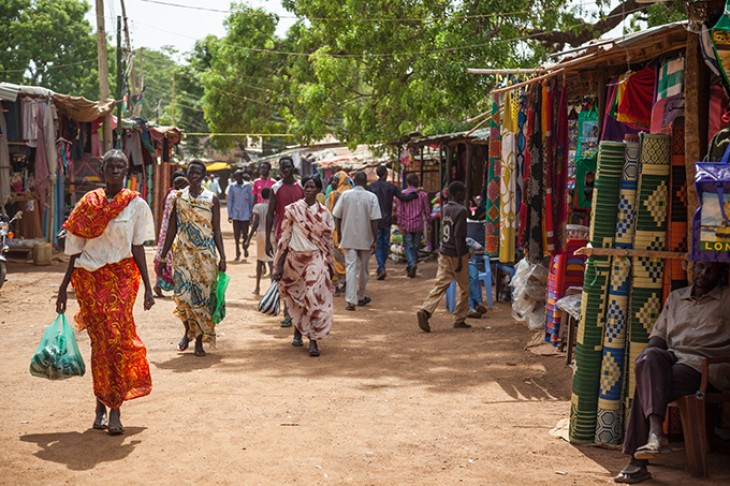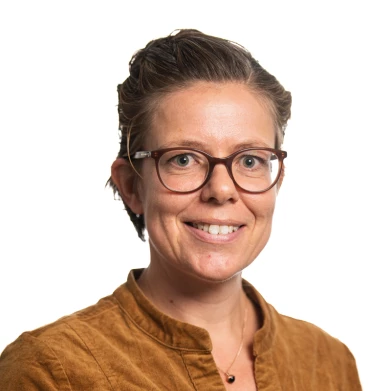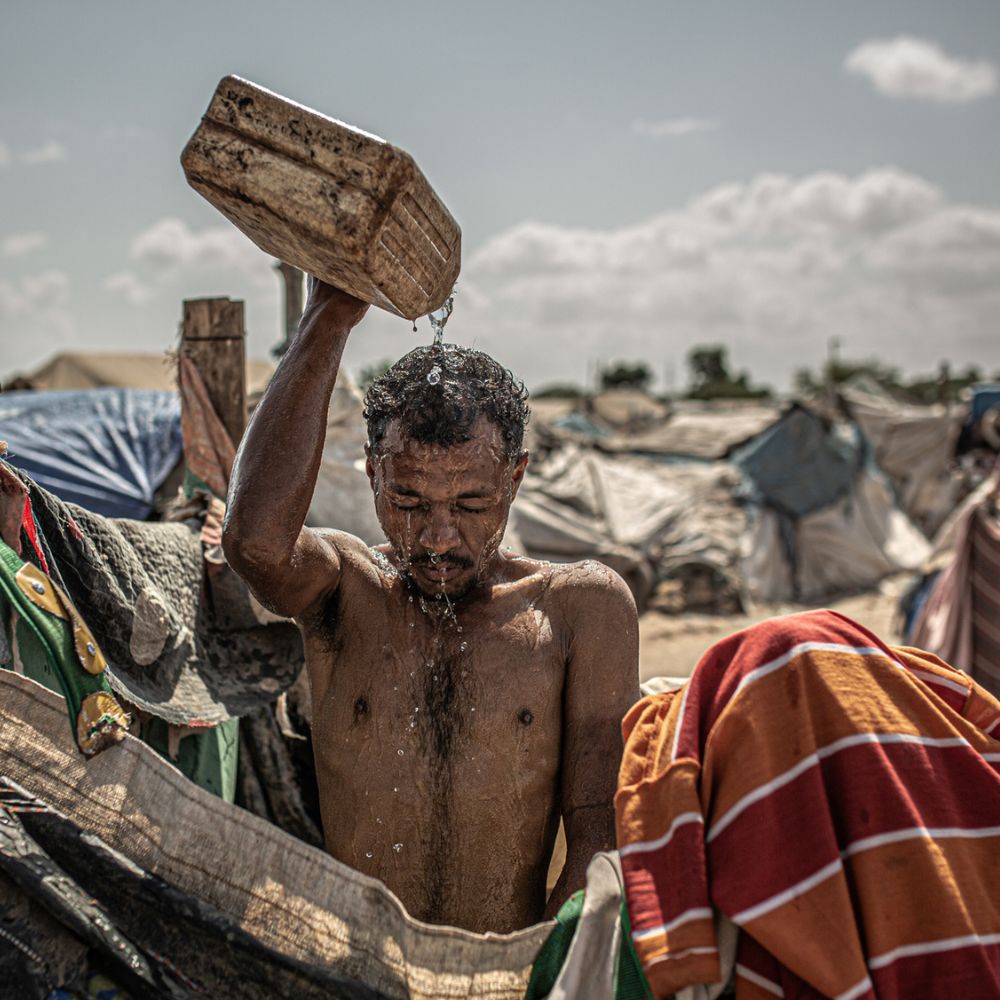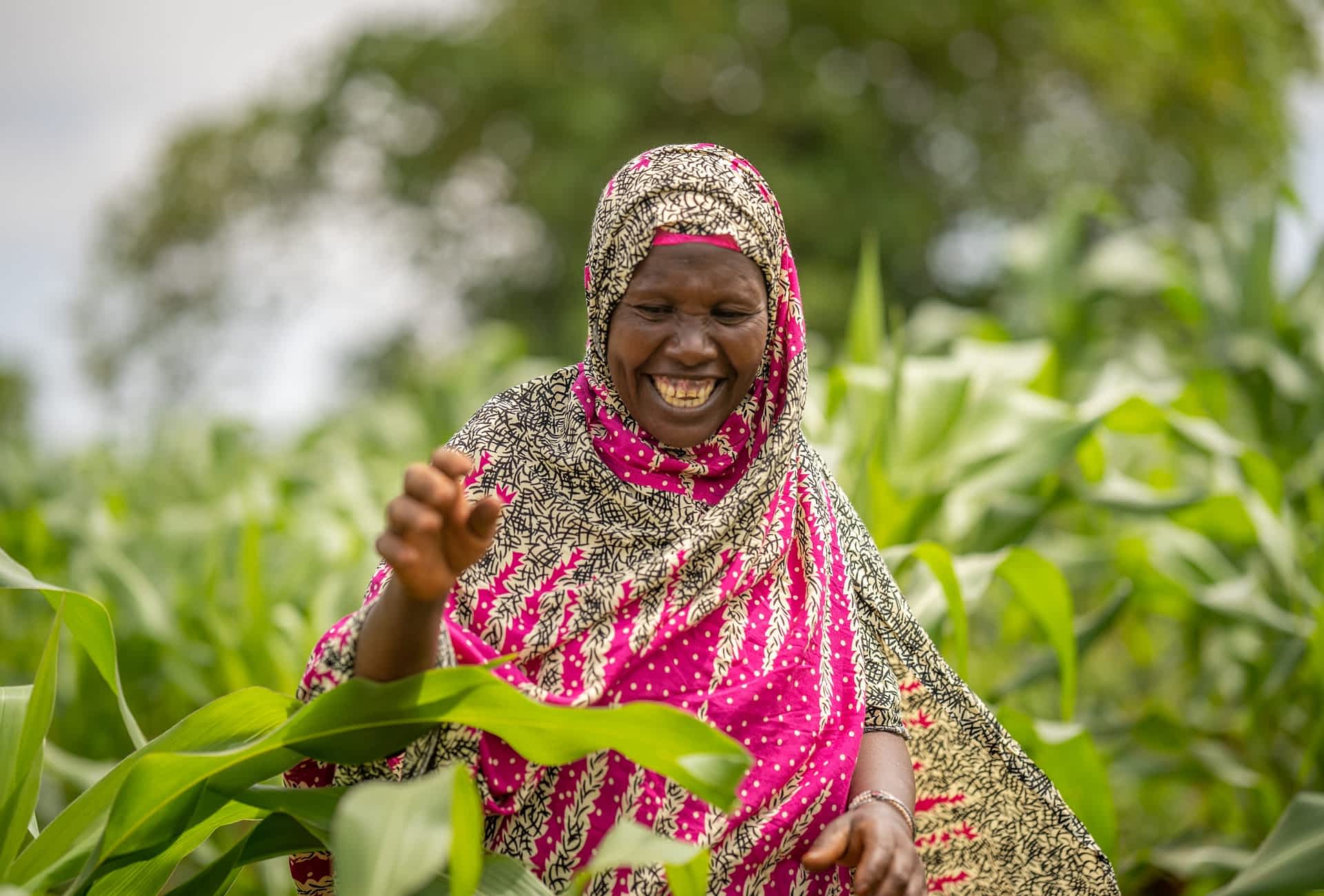Building Resilience in South Sudan

South Sudan is a country marked by war and conflict. Civil war has raged in the country since 2013, causing a humanitarian crisis with high numbers of IDPs and refugees: More than 1/3rd of the population is currently displaced.
Despite a ceasefire in 2018, conflict and especially intercommunal violence continues. Political instability and repeated violent conflicts have heavily impacted the countries’ socio-economic development and basic service provision.
Covid-19 has exacerbated these vulnerabilities, disrupting aid provision and services such as healthcare and education. Education levels are extremely low. 2.2 million children are estimated to be out of school, resulting in high illiteracy levels. Livelihood opportunities are limited.
Furthermore, food insecurity is deepening in the country as agricultural production and livestock rearing is impacted by the shocks from conflict and climate change. This coupled with the rising costs of living means already high poverty rates will rise even further: more than 80% of the population currently lives below the poverty line.
The project
The project focuses on the regions of Juba, Rumbek and Pibor, the worst affected in South Sudan. It builds resilience by strengthening education, peacebuilding livelihoods through a triple nexus approach, fighting for peace and equality in the regions.
Regarding education, Oxfam ensures that adults and children can complete their primary education through an accelerated learning program which can lead to secondary education or livelihood activities. We additionally build the resilience of education systems to shocks.
We develop teacher’s capacities to work in crisis settings and developing stakeholder’s agency in influencing policy and decision making on education. In times of crisis, girls are the first lose out on education, we therefore adopt a gender sensitive approach throughout the project, ensuring girls remain in school and encouraging gender equality.
Oxfam Denmark promotes inclusive peacebuilding in communities, providing training to increase local capacities in combatting conflict and violence. In addition, we improve livelihood resilience in the face of climate change, developing community economic activities and structures such as village savings and loans associations. In addition, we provide skills development, training and start up grants to encourage the diversification of income generating activities.
Resilience building is essential to combat the impacts of conflict, climate change and poverty. By improving education, livelihoods and peacebuilding structures, we strive to build a better future for South Sudan.
Preliminary results
A few examples of already achieved result are provided below:
- Improved knowledge and skills through quality education and skills development.
- 1000 people were enrolled in the accelerating learning program, out of which 500 managed to pass to the next level of alternative or public education
- 18 school clubs and 20 girl clubs supported to promote school retention
- 1420 people finished the literacy/numeracy skills course, out of which 324 were provided with a start-up capital to promote establishment of income-generated activities
- 1000 individuals graduating from a full life-skills, business, and vocational course who all received start-up kits and career mentorship to progress on their establishment of a sustainable livelihood option
- 2000 girls supported to remain in school through menstrual hygiene and sanitary materials
- 1500 individuals in primary 6 to 9 were provided with information on girl’s education, livelihoods, gender, protection and disaster risk reduction
- Strengthened participation and gender responsive local leadership
- More than 1000 individuals and teachers with improved capacity of school management, gender and conflict-sensitive education and civil society engagement
- 5590 individuals promoting local leadership on positive gender behavior to improve women’s position in the community
- Nearly 5000 individuals and farmers with improved livelihood opportunities through established cooperatives, various training, improved agricultural practices, distribution of vegetable kits, seeds, tools, fishing gear and similar for increased vegetable production and enhanced fish production
Time period and funding: This project is supported by Sida with 78,000,000 SEK from 2021 to 2024.
Country: South Sudan
Pia Dyrhagen
Interim International Programme Director
International Programme


